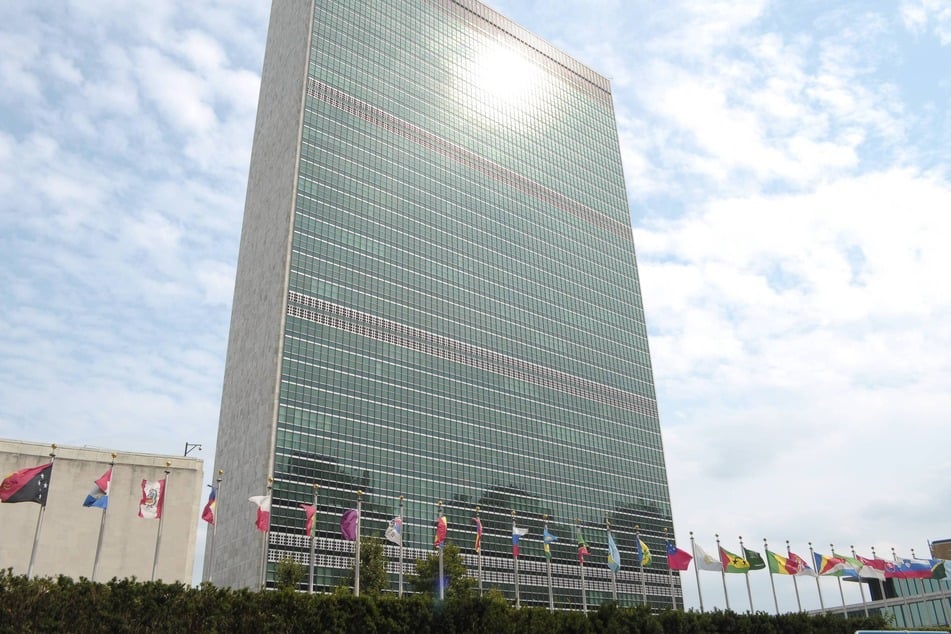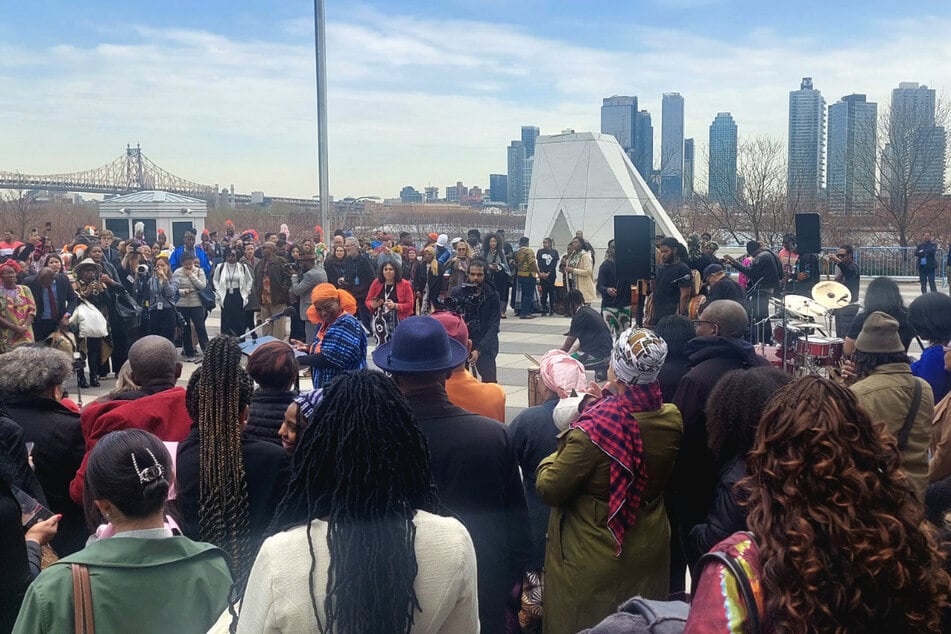UN Permanent Forum on People of African Descent opens with urgent calls for reparations
New York, New York - The fourth session of the United Nations Permanent Forum on People of African Descent (PFPAD) opened in New York on Monday with urgent calls for reparations to address the ongoing legacies of colonialism and enslavement.

PFPAD, which held its first session in 2022, is the largest platform for people of African descent within the UN. As member Justin Hansford put it, it's "Coachella for Black human rights activists."
As the fourth session opened, PFPAD members and activists reaffirmed their commitment to advancing the conclusions and recommendations that emerged out of the third session in Geneva last year, with reparations at the center.
"The Permanent Forum reaffirms that the entrenched structural inequalities in the global economy between countries in the global South and the global North are racial inequalities rooted in histories and legacies of colonialism, enslavement, apartheid and genocide," reads a report on PFPAD's third session, which adds that reparations and economic justice are "an urgent existential matter."
That message resounded in New York on Monday, with newly instated PFPAD Chair Martin Kimani calling for reparatory justice involving "worldwide identification of those who benefited from the enslavement and dispossession of African people and structured processes of legal, material, and institutional restitution."
"Africa must lead in this effort as the standard bearer for a global movement that is grounded in truth," Kimani continued.
In her remarks before the forum, outgoing Chair June Soomer said, "In all of their forms, colonialism, neocolonialism, and imperialism have ensured that we experience violence and disrespect, and this is the time where we must end this disrespect and bring back the dignity of people of African descent."
The Saint Lucian diplomat highlighted the need to decolonize the remaining Black colonies in the world, including Bonaire and Saint Martin in the Caribbean, as well as to prioritize justice for Haiti.
"We know what we want: we want reparations," Soomer said to cheers.
"The way the world will heal"

PFPAD's convening in New York comes amid escalating efforts by the Trump administration to end diversity, equity, and inclusion programs – threats that contributed an added sense of urgency to the UN proceedings.
"As a United States citizen and a member of the UN Permanent Forum, I do have a responsibility to acknowledge the importance of our moment today historically on the domestic front," Hansford said. "Let us be clear: the assault on diversity and inclusion in this country is an assault on our collective future, not just as a people of African descent but as members of the global community."
The Howard University professor noted that PFPAD is meeting "only steps away" from the site of Columbia University protests against the Gaza genocide. The Trump administration has targeted the university in its attempts to stifle on-campus Palestine solidarity activism, moving to deport noncitizen students who have taken a stand for human rights.
"One thing we know for sure is that the core of our work for justice is embedded, intertwined with the principle of freedom of speech. The right to protest is not merely just another legal right. It is the lifeblood of our movements for social change," Hansford insisted.
These examples of intensified repression reinforce the interconnectedness of liberation struggles and the need for reparatory justice.
"Reparations for us is not just a distant aspiration, but it's a tangible reality," Hansford affirmed. "In fact, reparations will be what justice looks like in the 21st century. It's the way the world will heal."
The four-day session will continue with testimonies from activists and advocates on topics such as reparations, the rights of women and girls, artificial intelligence and digital justice, and more. It will close out Thursday with PFPAD's preliminary conclusions and recommendations.
Cover photo: TAG24 NEWS

